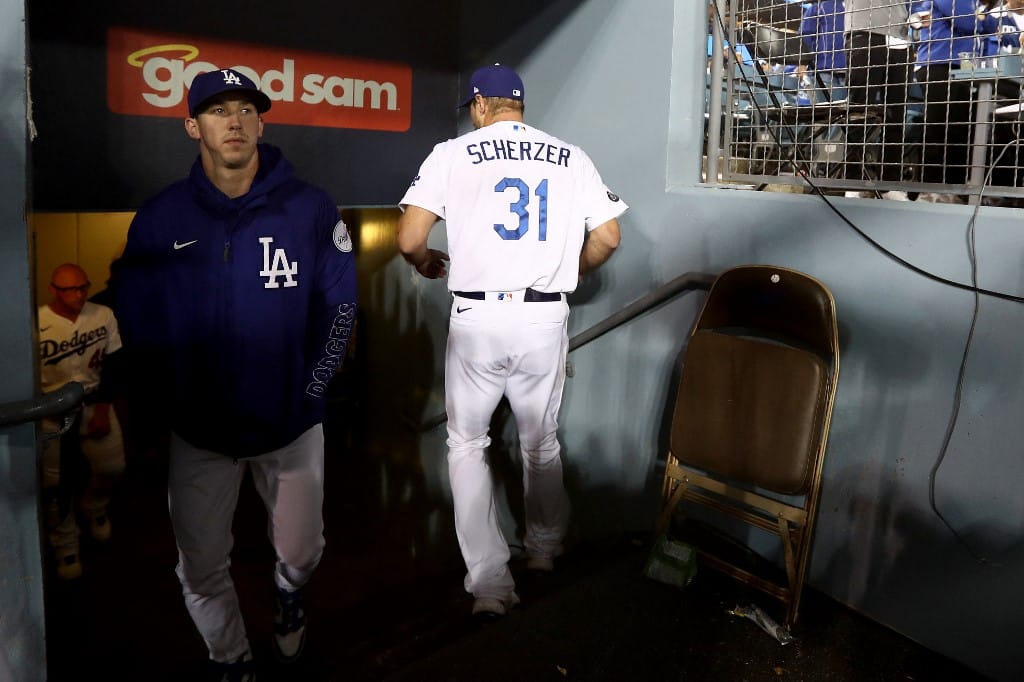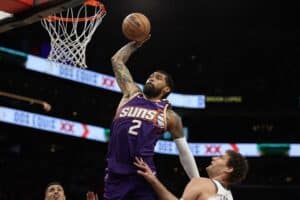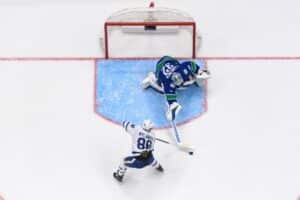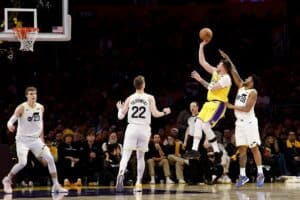The MLB playoffs are in full swing but how do you accurately evaluate the most important part of the lineup…the starting pitcher? It’s called a second season for a reason and this is where sharp bettors must make adjustments to their normal handicapping routine. Let’s talk about postseason starting pitchers and how to gain an edge that might be the difference between winning and losing your MLB picks.
Baseball is Baseball, Right?
Regardless of whether it is Game 1 of the regular season or the seventh game of the World Series, the game doesn’t change, the equipment is the same, and the ballparks don’t alter their dimensions. Everything from an existential point of view is virtually identical but the emotional aspect and the hype surrounding playoff baseball is on a far grander scale and at a much more elevated level.
Some hitters abhor the pressure and melt like butter in a blast furnace while others thrive under the white-hot spotlight. The electricity in the stands is palpable and it is always magnified under playoff conditions. The crowd is louder, the dugout is more intense, and players will either feed off of it or become overwhelmed by it.
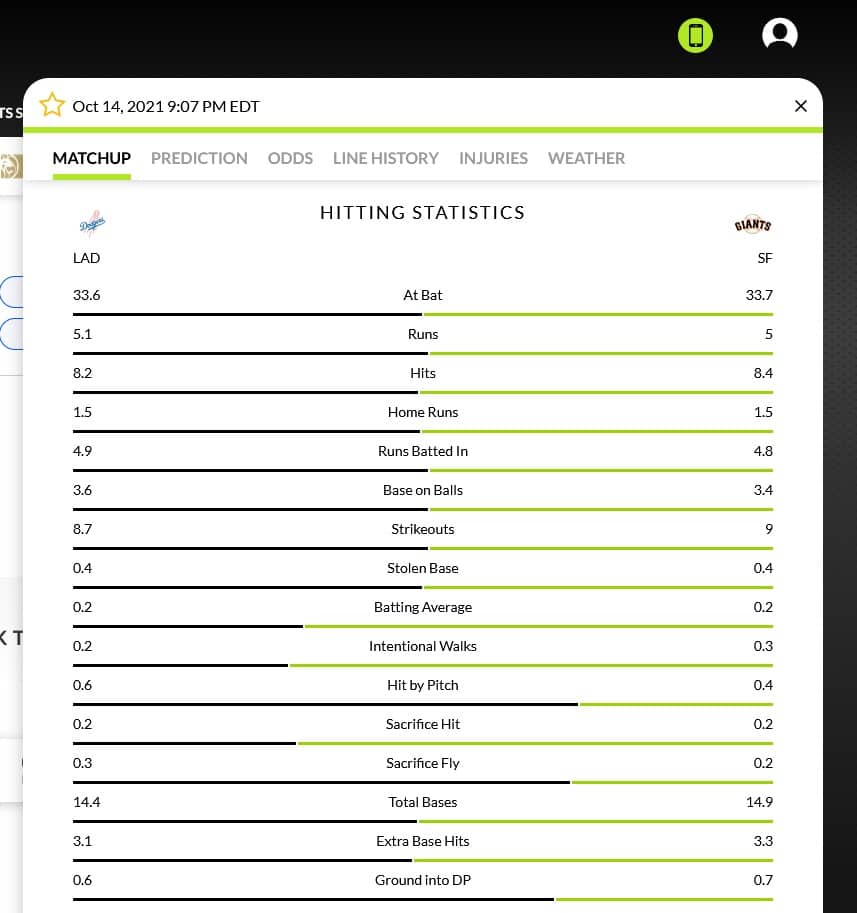
There are few gray areas which are why we often hear of “money hitters” or “big-game pitchers”. Those are the players any manager wants in his lineup and they can be the difference between an early exit or a championship run.
Another interesting aspect is we often see players trying too hard and overcompensating which can manifest in swinging at bad pitches just to make contact. Every hitter wants to lose one into the stands while every playoff pitcher wants the big strikeout, the elbow pump, the index finger thrust towards the heavens. It makes for a terrific photo on the cover of Sports Illustrated and the best ones stand the test of time.
“A manager has to convince his hitters that they have to get on base for the next guy and that no player can do it by himself. Sometimes that isn’t easy. In the playoffs, you can get into trouble because everybody wants to be a hero.” – Hall of Fame manager, Earl Weaver.
Los Angeles has a team slugging percentage of .376 this postseason, Will Smith leads them with a mark of .636 in 11 at-bats.
— OddsTrader (@OddsTrader_) October 11, 2021
Winners are made here! https://t.co/BrkpgsDpjj#Dodgers #ResilientSF #WorldSeries pic.twitter.com/s0c4OjmUXZ
Identifying Premier Playoff Starting Pitchers
Who are the big-game pitchers and how does one identify them? What you can’t do is throw the regular-season stats out the window and simply scour the postseason records. Players get older, they get injured, and things can change. A 27-year-old postseason assassin can be a much different player when they are 36 and in the twilight of their career, pitching for one more big moment.
We should also note that managing pitchers in the postseason are different as well. Starters are much more apt to get pulled early because the third time through the order has a very real and deleterious effect on pitchers. After all, the hitters can pick up their nuances and exploit them after they have seen them a few times through.
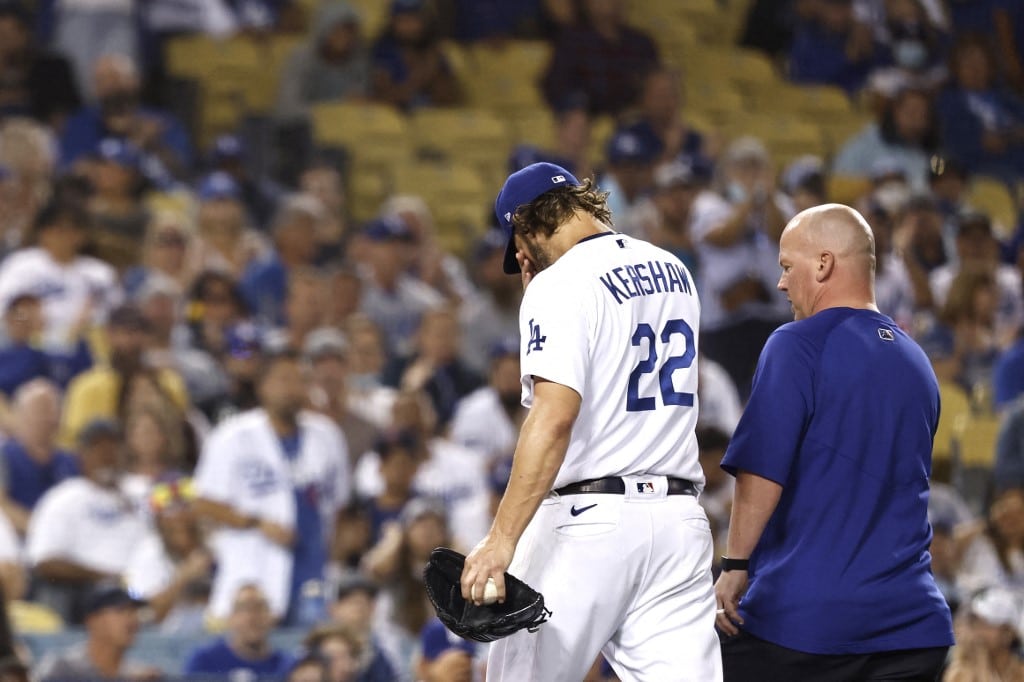
Therefore, pitchers with a limited pitching arsenal are more likely to get touched in the early to mid-innings because the hitters now know what each pitch looks like and can weaponize from there. However, pitchers who have six or seven different pitches often last longer and are not as inclined to get bitten by the “third time around bug”.
It might surprise you to learn that last season starting pitchers were more likely to pitch three and a third innings or less than those that went a full six innings. Crazy, right? Well, that’s playoff baseball for you because every postseason contest is worth about a month of regular-season games. Managers don’t have the time nor the luxury of letting one play out and saving his pitchers for another day.
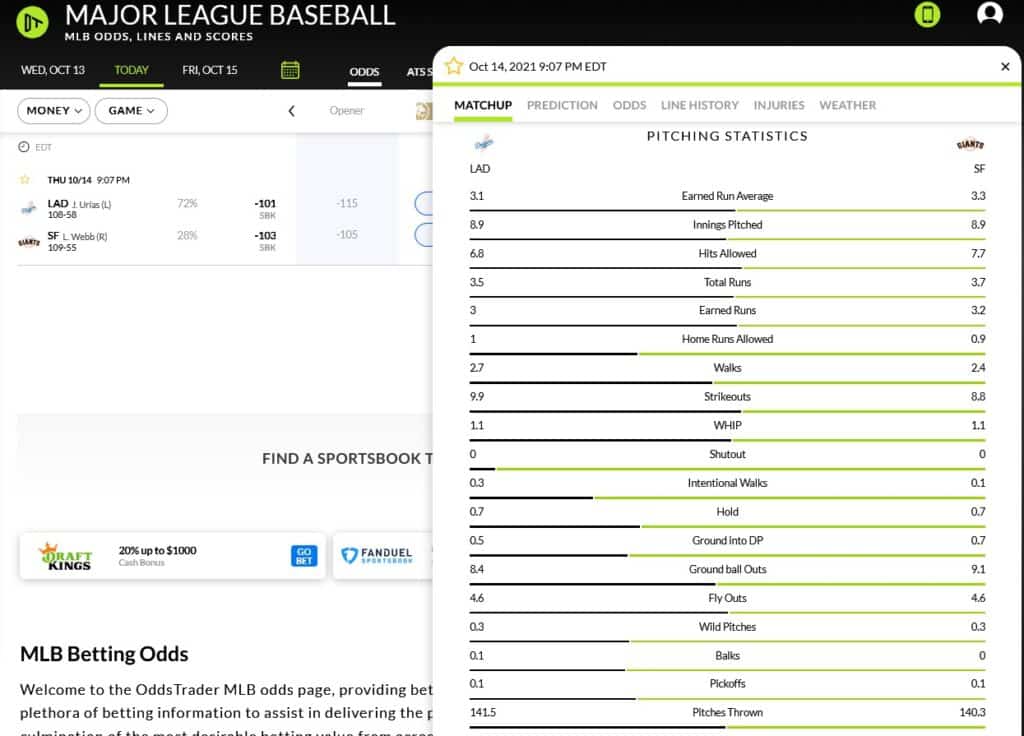
Don’t Discount Relievers
Starting pitching is big, of course, but understanding that managers have a very short leash with them in the postseason would necessitate the sharp bettors to focus on the bullpen. Are the relievers playoff-tested, and are they fresh? Are they equipped to settle things down if a starting pitcher has been yanked early in the contest?
Those questions must be asked before scouring the MLB odds and making your picks. Oftentimes we can find real value in underdog pitchers who have playoff experience versus newcomers who might be under the postseason lights for the first time.
Rookies and youngsters can melt in the big moments when it is all fresh and new. Make sure to evaluate all your options before deciding your best course of action. And remember to check back for more betting strategy at the OddsTrader blog. Happy betting!


